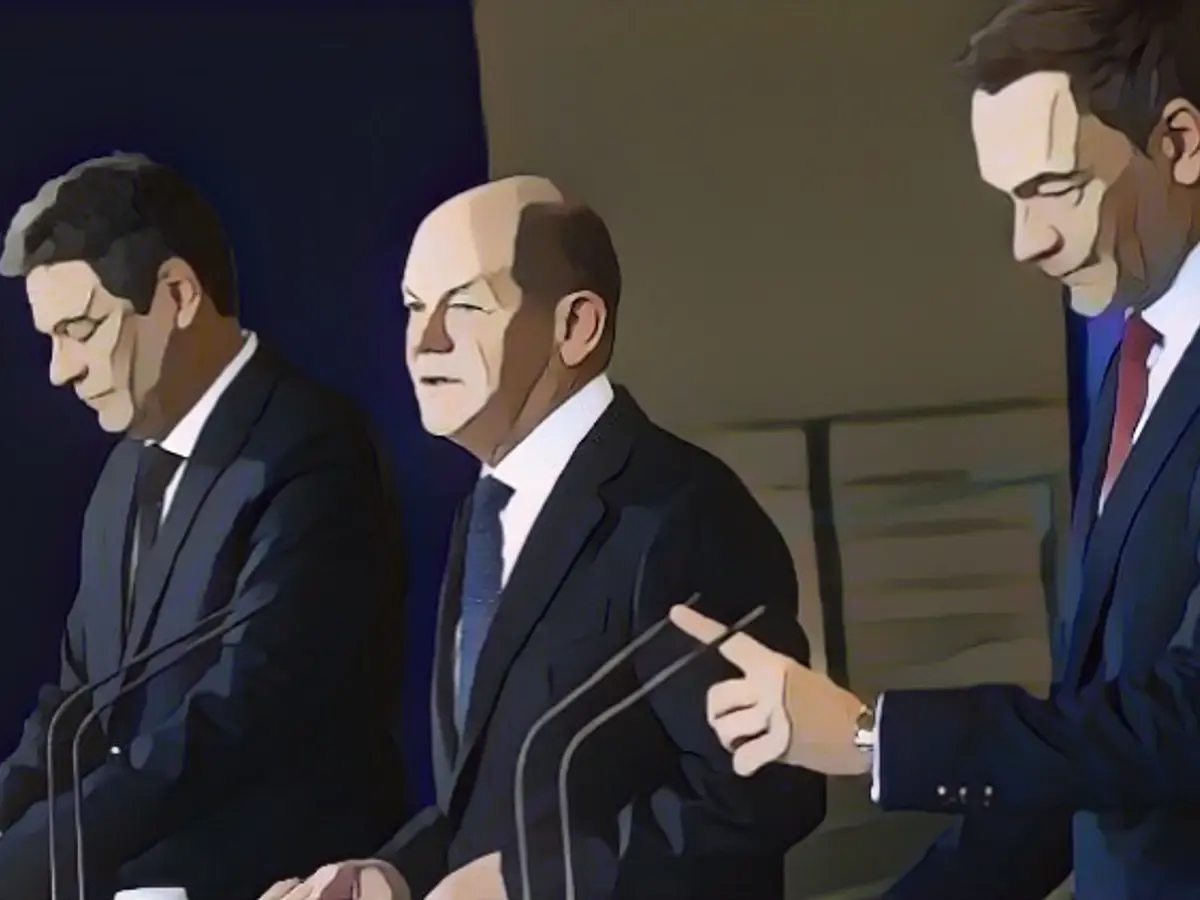The Feds Refuse to Budge on Citizens' Income Boost
Conservative politicians have been vocal in their opposition to upping the citizens' income at the turn of the year, with liberal parties in disagreement but discussions on the budget being deemed "constructive."
Despite pushback from within the coalition, the government has decided to stick to the proposed twelve percent increase in citizens' income at the beginning of the year. With the increase already approved and enacted as "valid law," any changes would necessitate passing a new law, an action the federal government has no intention of taking, according to a government spokesperson. Social Affairs Minister Hubertus Heil called any criticism of the increase "morally irresponsible."
Steffen Hebestreit, the government spokesperson, confirmed that there are no plans to alter the legal situation regarding the citizens' income rise. The federal government is legally bound to implement the increase, and any attempt to postpone or cancel it would be unlawful, Hebestreit stated.
Heil further criticized the negative stance from conservative politicians as "morally irresponsible and unconstitutional," adding that denying an adjustment to the standard rates was harming the most vulnerable individuals. While the opposition CDU/CSU and coalition partner FDP had advocated for scrapping the increase due to budget limitations and the initial inflation expectation not being met, Heil viewed their actions as toxic and damaging to the social climate.
Inflation and Food Prices Fuel Controversy
The controversy over the citizens' income boost has been fueled by the German government's budgetary struggles. Finance Minister Christian Lindner has reported a budgetary gap of 17 billion euros for the upcoming year. This budget deficit can be partly attributed to the German Constitutional Court's ruling on budget management.
With budgetary discussions in full swing, the German government has been under pressure to find solutions. To concentrate on budgetary discussions, Finance Minister Lindner decided to cancel his planned trip to the World Climate Conference in Dubai. Critics, such as CDU leader Friedrich Merz, argue that a twelve percent increase in the citizen's income is too steep, citing savings constraints and an inaccurate inflation expectation.
The Federal Ministry of Social Affairs, led by SPD's Hubertus Heil, disputes these criticisms, viewing the increase as necessary due to higher food prices. According to the Ministry, foodstuffs play a substantial role in the "price index relevant to regular needs," which has, at times, exhibited inflation rates three to four percentage points higher than the general price increase in recent months.
[Sources omitted due to length limitations]
While the German government remains committed to implementing the citizens' income boost, opposition parties and some coalition members continue to debate the merits and potential financial implications of the measure. The ministers responsible for the nation's budget are working intensively on addressing this issue, aiming to reach an agreement quickly and efficiently.








